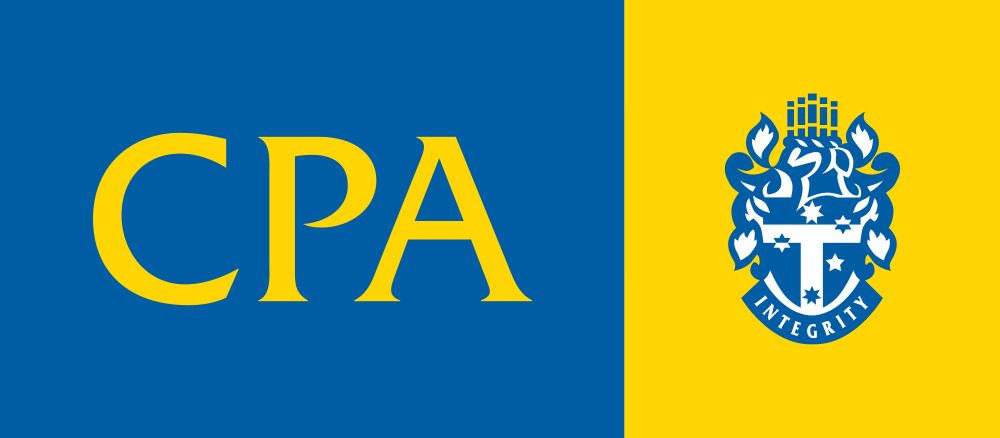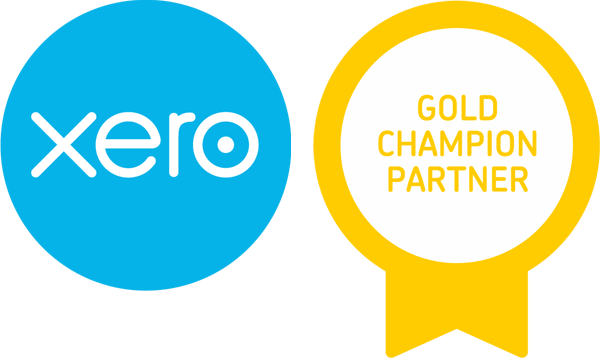Tax effective outcomes for SMSFs
For trustees running a Self-Managed Super Fund (SMSF), understanding how to maximise Exempt Current Pension Income (ECPI) can lead to more tax-effective outcomes. ECPI is the portion of income an SMSF earns from assets that support retirement-phase pensions — and that income may be tax-exempt, subject to meeting regulatory requirements.
While many factors can influence ECPI, the timing of contributions and the commencement of pensions are often the most impactful and practical levers trustees can evaluate. This article unpacks how these two timing-related elements can affect ECPI outcomes, with brief reference to other considerations that may also play a role.
Timing of Contributions
When and how contributions are made to an SMSF can significantly affect the calculation of ECPI. Generally, contributions enter the fund in the accumulation phase, where earnings are taxed at 15%.
If these contributions sit in accumulation phase for most of the year before being converted into a pension, they may reduce the proportion of fund income eligible for ECPI. Alternatively, converting contributions to pension phase earlier could result in a greater share of income being exempt from tax.
Points trustees may consider:
- Contributions made just before year-end may have little or no impact on ECPI unless swiftly allocated to retirement phase as they do not have a great impact on accumulation percentage over the whole year. Once converted to pension they boost the ECPI percentage.
- Early-year contributions may offer more flexibility for pension planning as well as increase the ECPI percentage if converted to pension immediately.
When considering the timing of contributions, trustees should also look beyond ECPI considerations and consider the return on investment inside versus outside of the fund. This often means that if funds are available, contributing them early in the year can lead to a better investment outcome with a lower tax rate, regardless of ECPI (depending on the tax rate of the individual outside of the fund, as well as the return on investment within the fund).
Timing of Pension Commencements
The date a pension begins directly affects when the SMSF starts generating ECPI. Only from the commencement date does the pension phase apply, which means delayed pension commencements could result in missed tax exemptions for income earned earlier in the year.
Potential considerations:
- Starting a pension earlier in the year may increase the ECPI proportion.
- A mid-year pension commencement could split the year into separate ECPI calculation periods, depending on whether the fund is using the segregated or proportionate method for calculating ECPI. At Smith Thornton, we will always use the appropriate method to ensure the best tax outcome for our clients’ funds.
- Documenting the pension commencement correctly is essential to support any claim for ECPI.
Other ECPI Issues
While timing is often the most tangible variable trustees can manage, it is important to be aware of other factors that can impact ECPI:
Asset Allocation
Strategic asset allocation, while staying within compliance and risk tolerance, can influence the overall tax efficiency of a fund’s income in retirement phase. Since ECPI is based on income generated by assets supporting retirement-phase income streams, the mix of assets (such as shares, property, or cash) affects the amount of exempt income. For funds using the proportionate method, higher income-generating assets in the retirement-phase portion can increase the tax-exempt benefit. Conversely, if lower-yield assets support pension interests, the ECPI benefit may be reduced.
Record-Keeping
Strong documentation supports compliance, audit readiness, and accurate ECPI claims. Smith Thornton will always ensure that all records are kept correctly and are available if our clients have any questions about the appropriate record keeping requirements. Likewise, it is also very important for the trustee to maintain good record keeping.
ECPI Calculation Methods
The choice between the segregated and proportionate methods, as mentioned above, can impact the final exempt amount.
Each of these aspects plays a supporting role, and understanding how they interact with timing decisions assists with effective SMSF management.
In Summary
This article highlights the importance of forward planning and strategy for SMSFs. Smith Thornton encourages our clients to contact us early if considering changes to their SMSF so that the appropriate planning and timing can be implemented.
We note that these are general insights only and should not be considered personal financial advice. Clients should always seek our guidance before implementing changes, particularly when tax outcomes and member balances are involved. If required, we can introduce clients to our partners, Knights Financial Advisors, who are licenced financial advisors and can provide financial advice.




